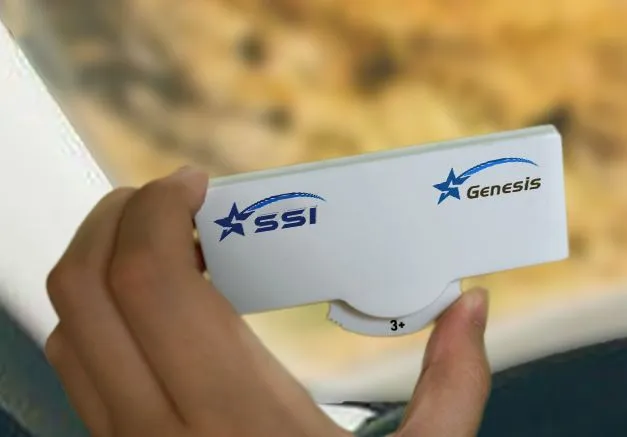
Star Systems International has released Genesis, a transponder for express lanes and high-occupancy tolling (HOT) systems, which comes with a chip designed for automatic vehicle identification (AVI).
The company says it offers enhanced sensitivity, a large user memory bank and self-error detection features that guard against memory or data corruption.
Star chief technology officer Stephen Lockhart says: “We are excited to introduce the first multimode transponder with error detection features to the tolling community. Also, a new cam and spring-loaded switching mechanism provides Genesis with superb tactile feedback to the user.”
According to Star, the transponder is constructed to withstand wide temperature ranges and extended sunlight exposure, providing the customer with long-term reliability.
Genesis allows drivers to declare the number of occupants in HOT, high occupancy vehicle and express lane applications. It may also be configured to identify two or three different accounts, such as an individual account, business account, or secure vehicle access account.
Star CEO Robert Karr says: “Genesis integrates our years of experience and the latest technologies to provide users and toll operators with exceptional read performance and ease of use. This strategic product allows us to serve this segment better by giving customers another great option to improve their AVI Systems.”
Genesis can be used in ITS applications requiring multiple modes in a single on-board unit.
It is certified by the OmniAir Consortium for interoperability in tolling systems.










